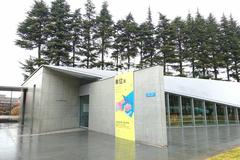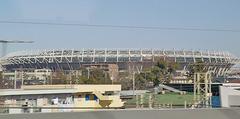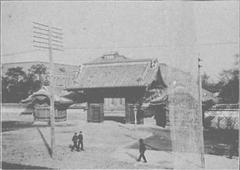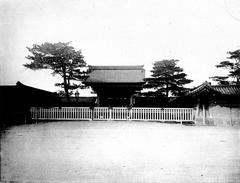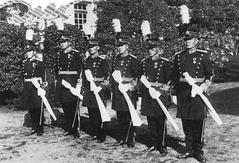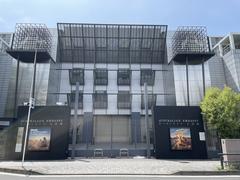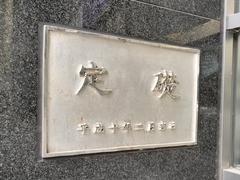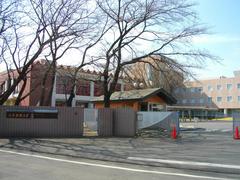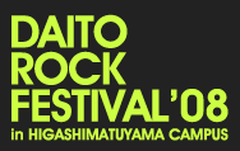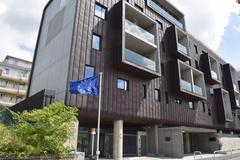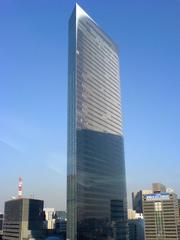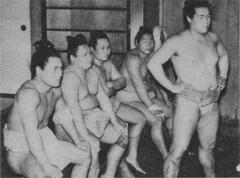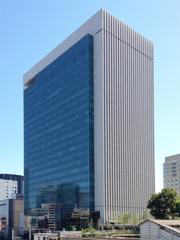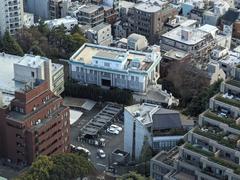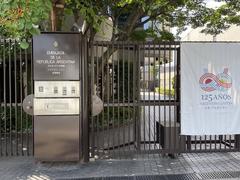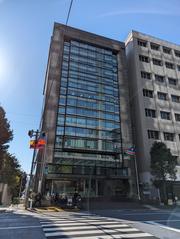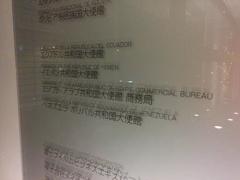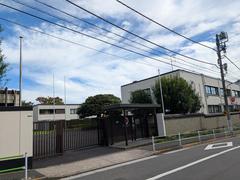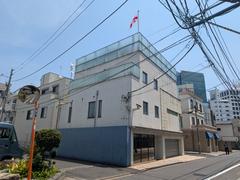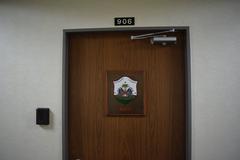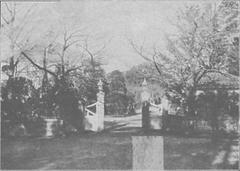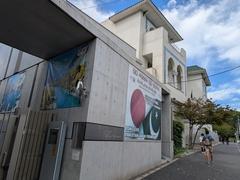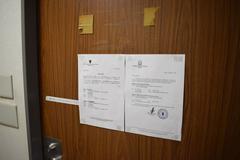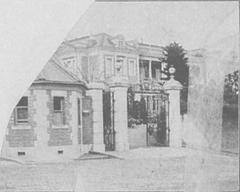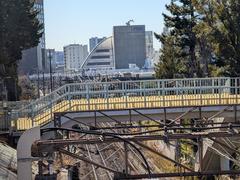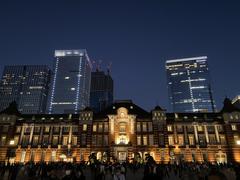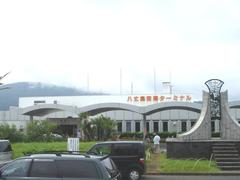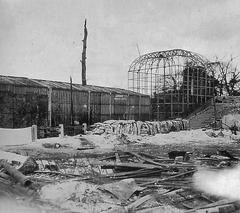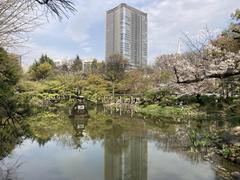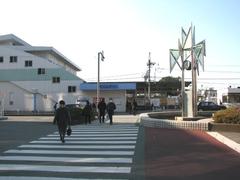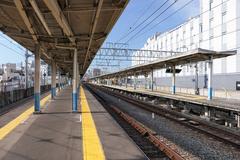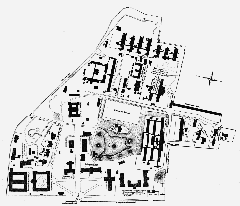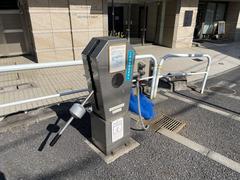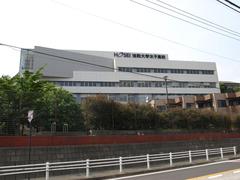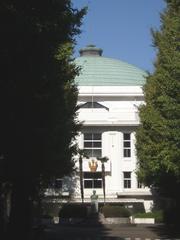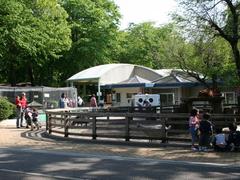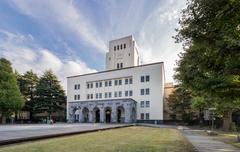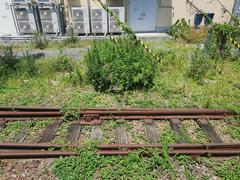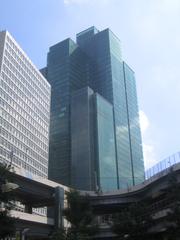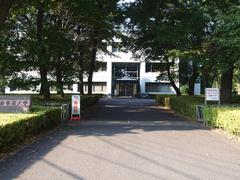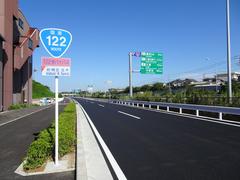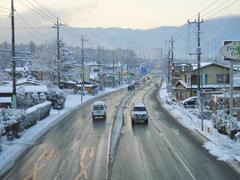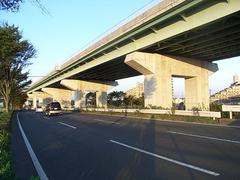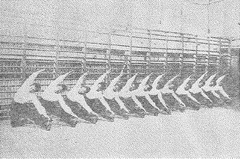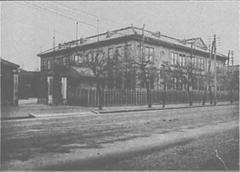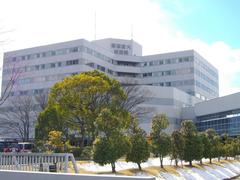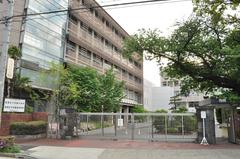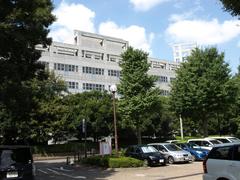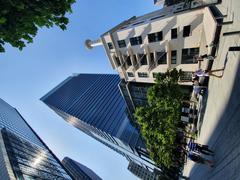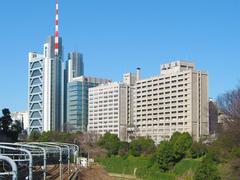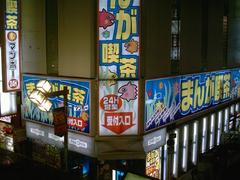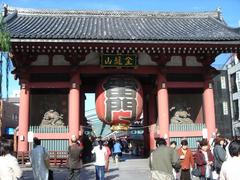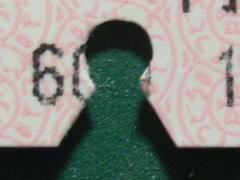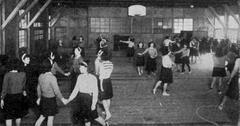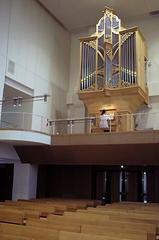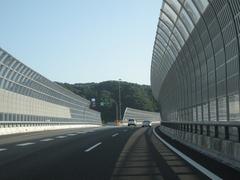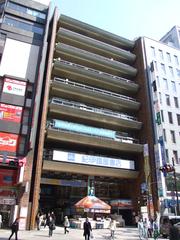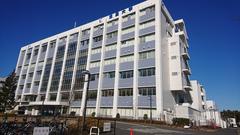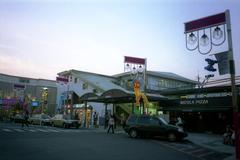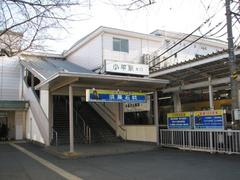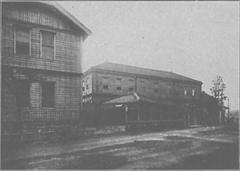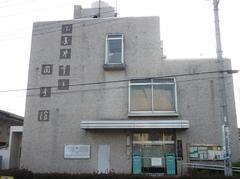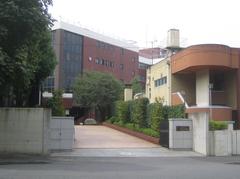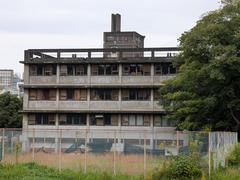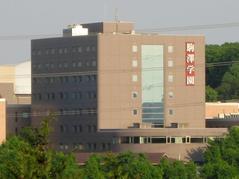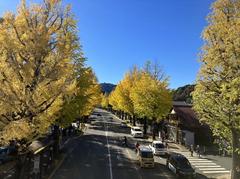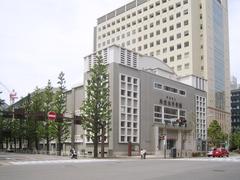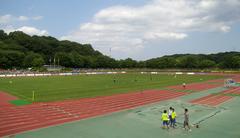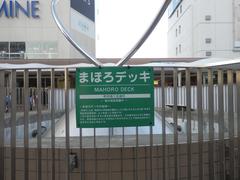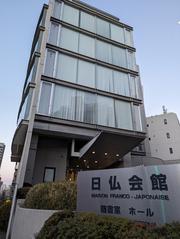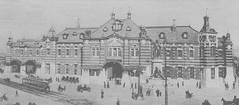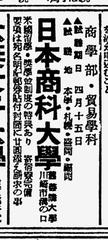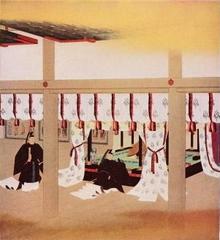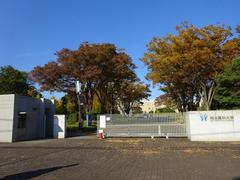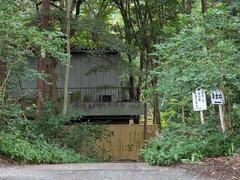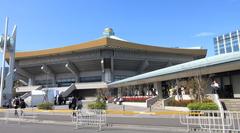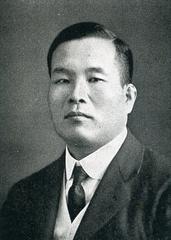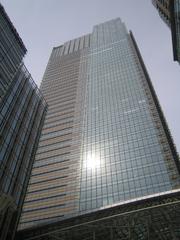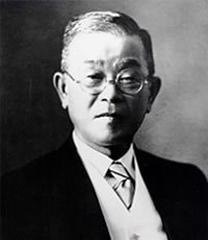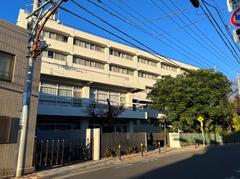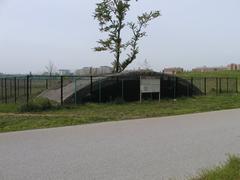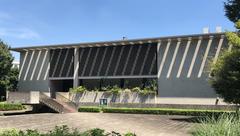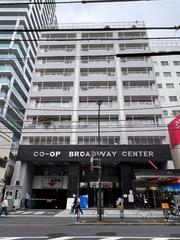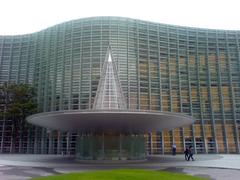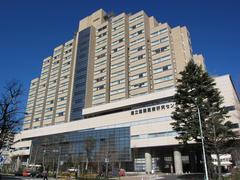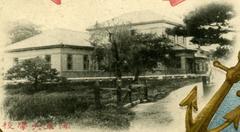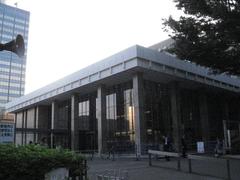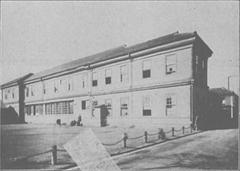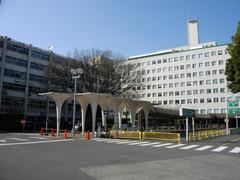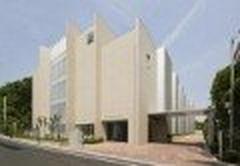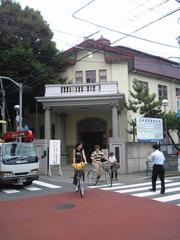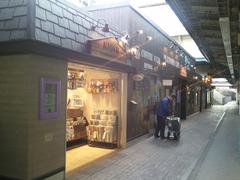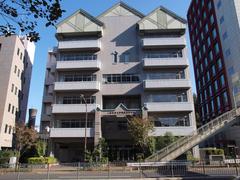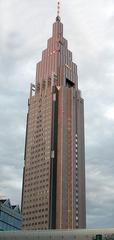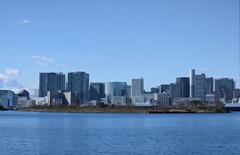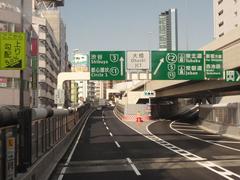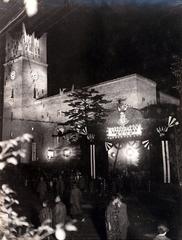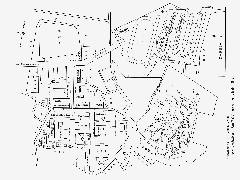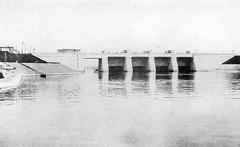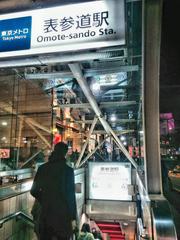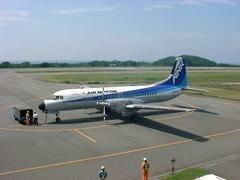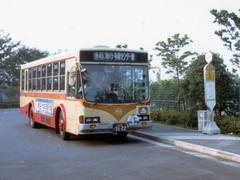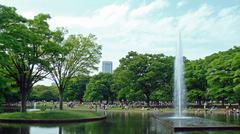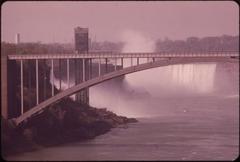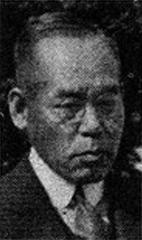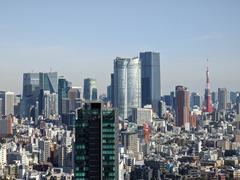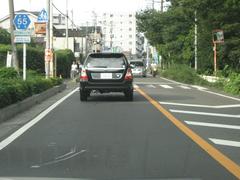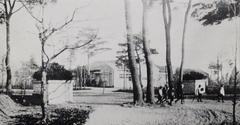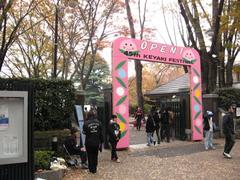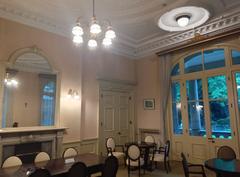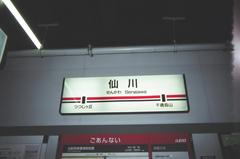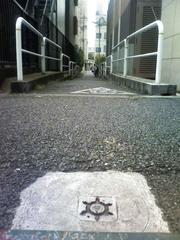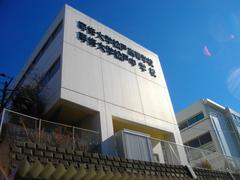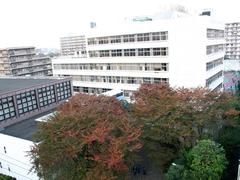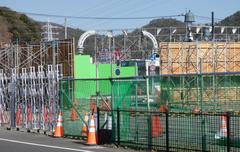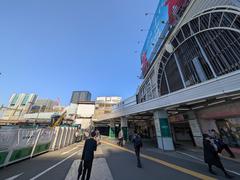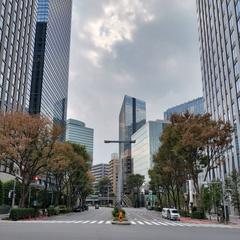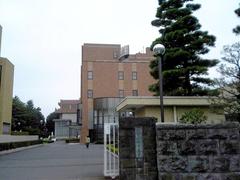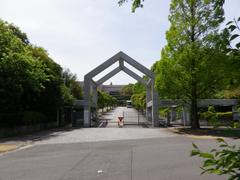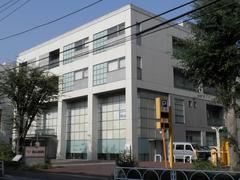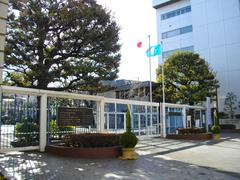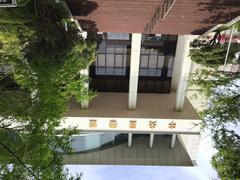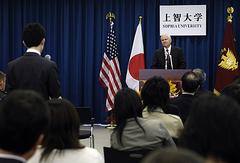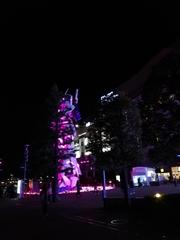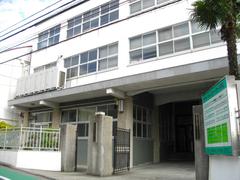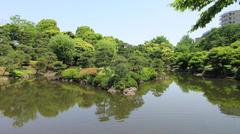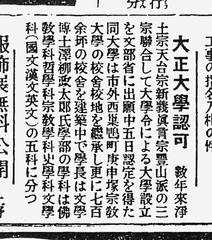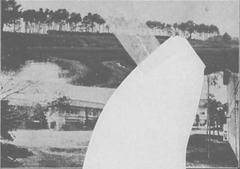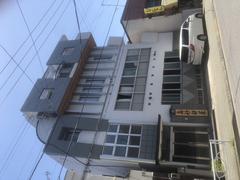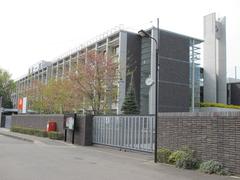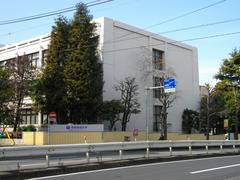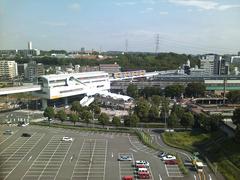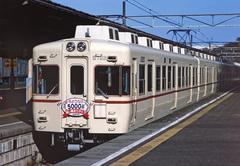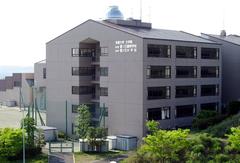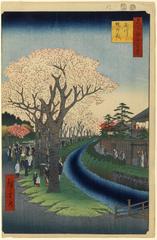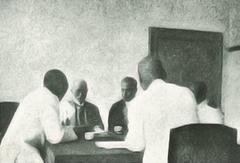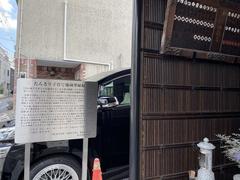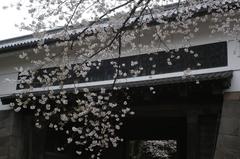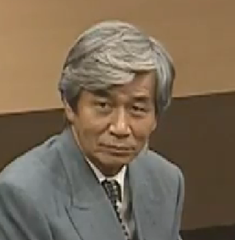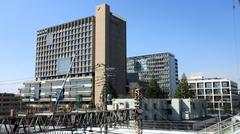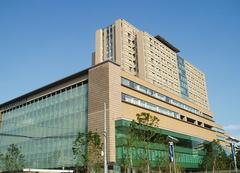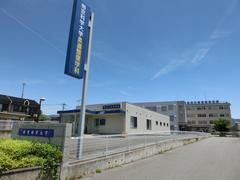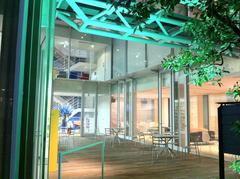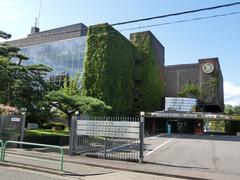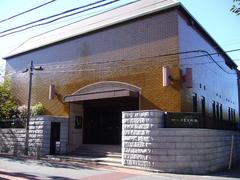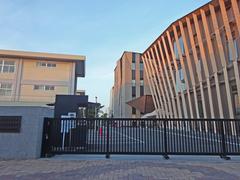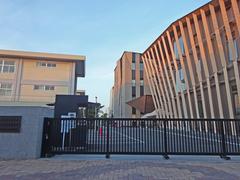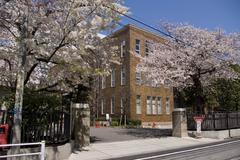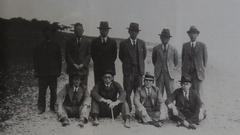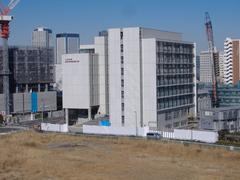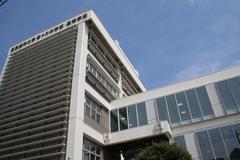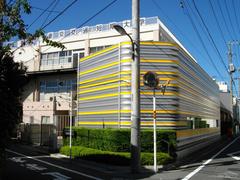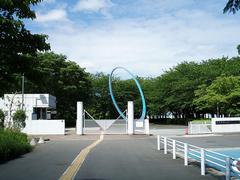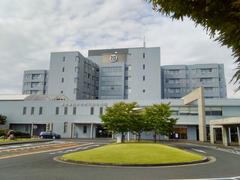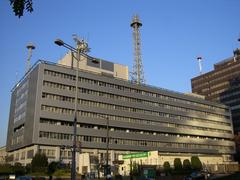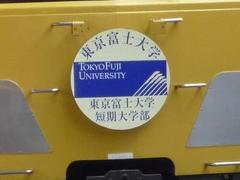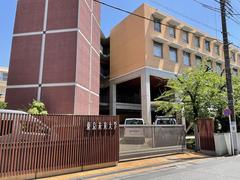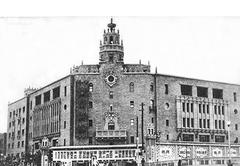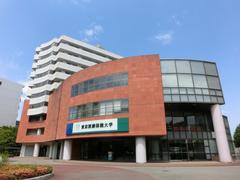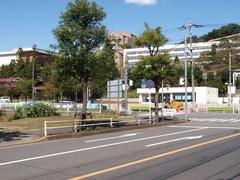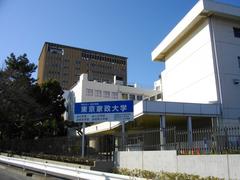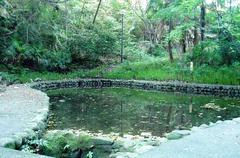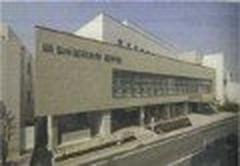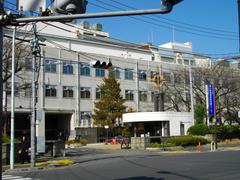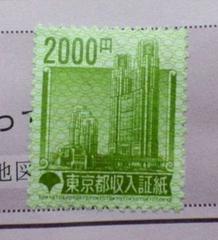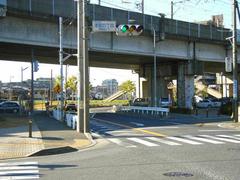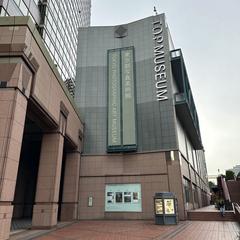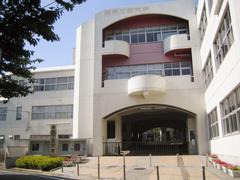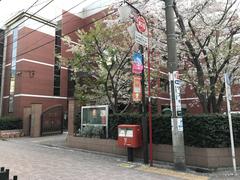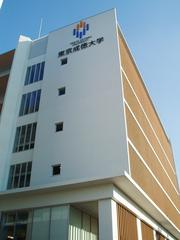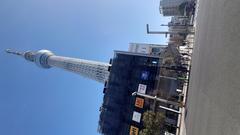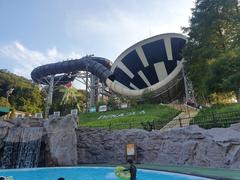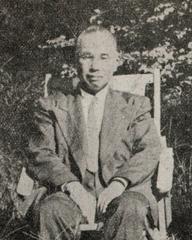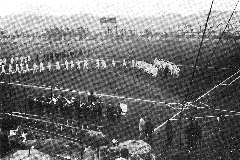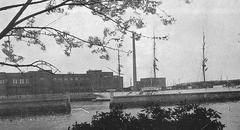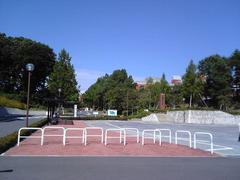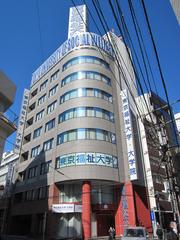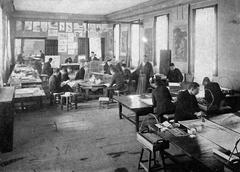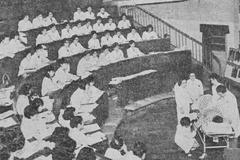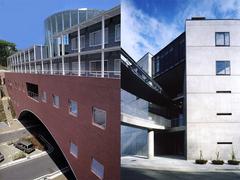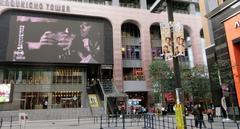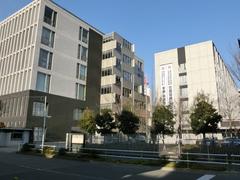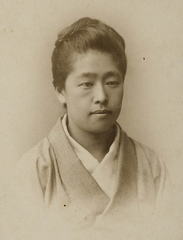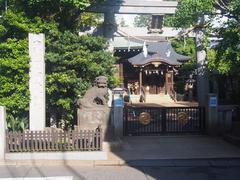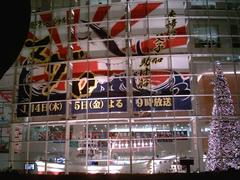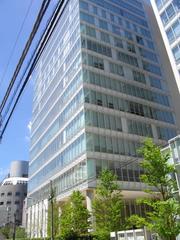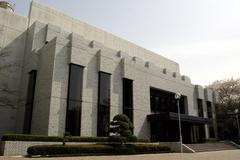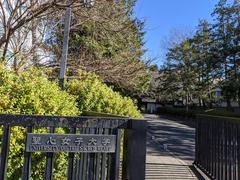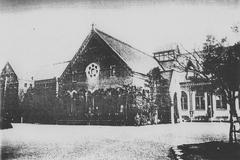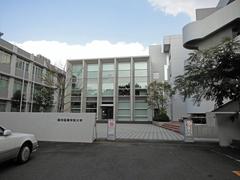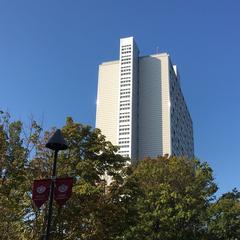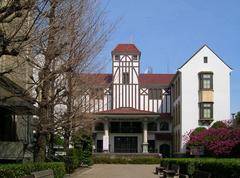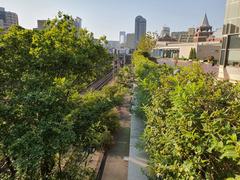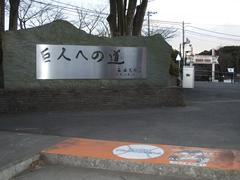Visiting the Embassy of Costa Rica in Tokyo, Japan: Visiting Hours, Tickets, and Tips
Date: 15/06/2025
Introduction
The Embassy of Costa Rica in Tokyo serves as a vital link between Costa Rica and Japan, fostering diplomatic, economic, and cultural exchanges. Located in Tokyo’s Minato ward—a hub for foreign embassies and international activity—the embassy provides crucial consular services, supports Costa Rican nationals, and actively promotes cultural and business ties. Established as part of Costa Rica’s broader engagement in Asia, the embassy reflects the nation’s values of peace, democracy, and environmental stewardship, and stands as a symbol of enduring cooperation between Costa Rica and Japan.
This comprehensive guide offers detailed information for visitors, including embassy hours, appointment procedures, accessibility, and nearby attractions. It also provides historical context, etiquette tips, and practical advice for making the most of your visit. For the most current details, always consult the official embassy website and trusted resources (Embassy Info).
Table of Contents
- Introduction
- Embassy Overview
- Embassy History and Diplomatic Role
- Etiquette and Visitor Tips
- Frequently Asked Questions (FAQ)
- Conclusion
- Visual and Media Suggestions
- References and External Links
Embassy Overview
Location and Contact Information
Embassy of Costa Rica in Japan
4 Chome-12-24 Nishiazabu, Minato City, Tokyo 106-0031, Japan (Kowa Building, 9th Floor, Suite 901)
Phone: +81 3 3486 1812
Fax: +81 3 3486 1813
Email: [email protected]
Website: http://www.embassyin.jp/costa-rica/
The embassy’s location in Minato places it close to major attractions such as Roppongi Hills, Tokyo Tower, and the National Art Center Tokyo (Embassy Info).
Visiting Hours
- Monday to Friday: 10:00 a.m. – 5:00 p.m.
- Closed: Weekends and Costa Rican/Japanese public holidays
Visiting hours may vary during holidays and special events. Always confirm current hours before your visit (EmbassyPages).
Appointment Procedures
Most consular services—including visa applications, passport renewals, and document legalization—require appointments.
- How to book:
- By phone: +81 3 3486 1812
- By email: [email protected]
- Appointments are recommended as walk-ins may not be accommodated.
Visa Information
- Japanese Citizens: Visa-free entry to Costa Rica for up to 180 days for tourism.
- Other Visas: For study, work, or residency visas, contact the embassy for current requirements and processing times (EmbassyPages).
Accessibility and Transportation
- Subway Access:
- Hiroo Station (Tokyo Metro Hibiya Line), ~10-minute walk
- Roppongi Station (Tokyo Metro Hibiya Line, Toei Oedo Line), ~12-minute walk
- Azabu-juban Station (Tokyo Metro Namboku Line), nearby
- Bus & Taxi: Multiple lines and taxis serve the area.
- Parking: Limited paid parking nearby; taxis and ride-hailing apps are recommended.
Accessibility:
- The Kowa Building offers elevators and basic accessibility features. Notify staff in advance for special assistance.
Nearby Attractions
- Roppongi Hills: Shopping, dining, and art museums
- Tokyo Tower: Iconic city landmark
- Mori Art Museum: Contemporary art exhibitions
- Arisugawa-no-miya Memorial Park: Green space for relaxation
- Dining: International and Japanese restaurants within walking distance
Embassy History and Diplomatic Role
Early Diplomatic Ties
Costa Rica declared independence in 1821 and became a sovereign state in 1848 (history.state.gov). Diplomatic relations with Japan were formally established in 1935, marking the beginning of a longstanding partnership (ja.wikipedia.org).
Diplomatic Leadership
The embassy has moved several times to accommodate its growing role. As of December 2022, it operates from Nishiazabu, Minato-ku. The current Chargé d’Affaires, William José Calvo Calvo, assumed office in September 2024, continuing the tradition of proactive diplomatic engagement (ja.wikipedia.org).
Political, Economic, and Cultural Cooperation
Costa Rica and Japan collaborate on political dialogue, economic partnerships, and cultural exchange.
- Trade: Japan is a significant investor and market for Costa Rican products such as coffee, bananas, and pineapples (embassies.net).
- Cultural Diplomacy: The embassy hosts events, exhibitions, and educational programs to promote Costa Rican culture and values (ja.wikipedia.org).
Consular and Community Services
The embassy offers essential services to Costa Rican nationals, including:
- Passport renewals
- Notarial acts
- Emergency assistance
- Support for students and professionals
- Information for Japanese citizens interested in Costa Rica (embassyin.jp)
Additional Consular Offices
Costa Rica maintains a Consulate General in Kobe and Honorary Consulates in Nagoya and Mito, broadening access to consular support across Japan (embassies.net).
Symbolism and Environmental Leadership
The embassy reflects Costa Rica’s legacy as a peaceful democracy (military abolished in 1948) and its leadership in environmental sustainability, including carbon neutrality and biodiversity conservation (whatcostarica.com, crie.cr).
Etiquette and Visitor Tips
Japanese and Costa Rican Etiquette
- Dress Code: Business or smart casual is recommended.
- Punctuality: Arrive on time; lateness is discouraged (The Invisible Tourist).
- Greeting: A slight bow or gentle handshake is appropriate.
- Quietness: Maintain a respectful, quiet demeanor in embassy spaces.
- Photography: Not permitted inside without explicit permission.
- Politeness: Smile and use courteous language; patience is appreciated during service.
Security and Accessibility
- Security Check: Bring a valid photo ID (passport or residence card); expect bag checks.
- Accessibility: Elevators and basic accommodations are available. Notify the embassy for any special needs.
Language Support
Staff speak Spanish and Japanese; English is commonly used, though proficiency may vary. Arrange translation support if needed.
Frequently Asked Questions (FAQ)
Q: What are the embassy’s opening hours?
A: Monday to Friday, 10:00 a.m. to 5:00 p.m., closed on weekends and public holidays.
Q: Do I need an appointment?
A: Yes, appointments are required for most services.
Q: What documents should I bring?
A: Bring a valid photo ID and any relevant paperwork for your consular needs.
Q: Is the embassy accessible for people with disabilities?
A: Yes, elevators and basic accessibility features are provided.
Q: Can Japanese citizens visit Costa Rica without a visa?
A: Yes, for tourism stays up to 180 days.
Q: Are there cultural events at the embassy?
A: Yes, but registration or invitation may be required. Check the embassy’s website or social media for updates.
Conclusion
The Embassy of Costa Rica in Tokyo plays a pivotal role in nurturing diplomatic, cultural, and economic ties between Costa Rica and Japan. Its accessible facilities, central location, and comprehensive consular services make it a valuable resource for both Costa Rican nationals and Japanese citizens. For the latest news, event schedules, and service updates, consult the embassy’s official website or follow their social media channels.
For further information on Costa Rica–Japan relations, cultural etiquette, or travel tips, explore related articles on our website and download the Audiala app for real-time updates.
Visual and Media Suggestions
- Embassy Exterior: Image with alt text “Costa Rica Embassy Tokyo building exterior”
- Location Map: Map showing the embassy’s location in Minato City
- Cultural Events: Photos from embassy events with alt text “Costa Rica Embassy Tokyo cultural event”
References and External Links
- Embassy of Costa Rica in Tokyo Official Website
- Costa Rica Embassy in Tokyo (Embassy Info)
- Embassies.info: Costa Rican Embassy in Tokyo
- Embassy Pages: Costa Rica Embassy Tokyo
- History of Costa Rica (U.S. State Department)
- Costa Rica Embassy Wikipedia (Japanese)
- What Costa Rica: Costa Rica History
- CRIE: History of Costa Rica
- Roppongi Hills Official Site
- Tokyo Tower Official Site
- Mori Art Museum
- The Invisible Tourist: Japanese Etiquette
- CostaRica.com: Customs and Etiquette
